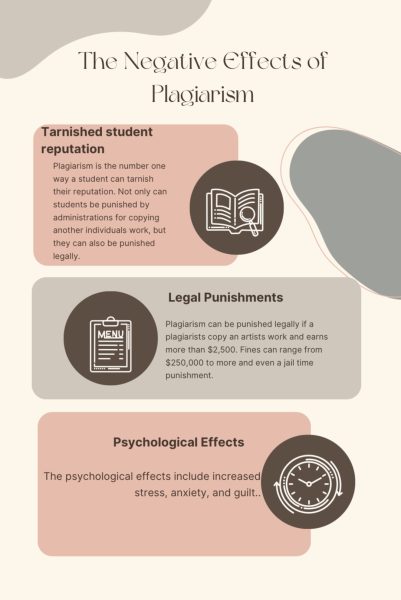Keeping the light on
Why Congress’s new bill is great for the United States
Photo courtesy of @mohamed_hassan on pixabay.
Setting our clocks back and forth is a completely unnecessary task. Unlike leap year, where we make up for previously lost six hours in one day, daylight savings time is a man-made problem, all from a concept by our founding fathers.
March 17, 2022
With the Senate voting unanimously on a bill that would eliminate daylight savings time, it’s a good idea to look at what this would mean for future life, and also why it is a good thing that this bill is in consideration.
The first reason is how our body has to adjust twice a year to the time change. On average, it takes a week for our bodies to get used to the time change. Going both back and forth takes two weeks of productivity off and with both during school, it will stunt educational growth.
We can look at Arizona, the lone state to not implement daylight savings. They rank extremely low in most educational statistics, but that is because they have an education system in general. However, with a good education system in place, like Nebraska, we could see an even better rating for our schools.
Another key reason why we would be better off with the time change is how outdated the concept is. The first known idea of daylight savings was when, back in 1784, when Ben Franklin suggested pushing things back an hour to save lamp oil. Then, in 1908, Canada first tried it and, unfortunately, has stuck ever since.
This outdated tradition would affect one minority though, farmers. Roughly 1.3% of people would be affected negatively by this change, as that is the main group of people that would like the time change to continue. While I am not a farmer nor plan to be one in the future, I don’t think that, with technology reaching rural areas faster and faster, the oil lamps of the 1700s are no longer needed and no reason to set back our clocks for an hour.
Now we will never know what will happen with this law, it’s been proposed many times before to no avail. It’s no surprise that the bill passed with overwhelming support, because people want it to stay one time. It’s not even necessary. So let’s set back the clocks one last time, and in 50 years, rock back and forth on our rocking chairs, and tell our kids the silly tradition of the complex process of setting our clocks ahead and back an hour.

















